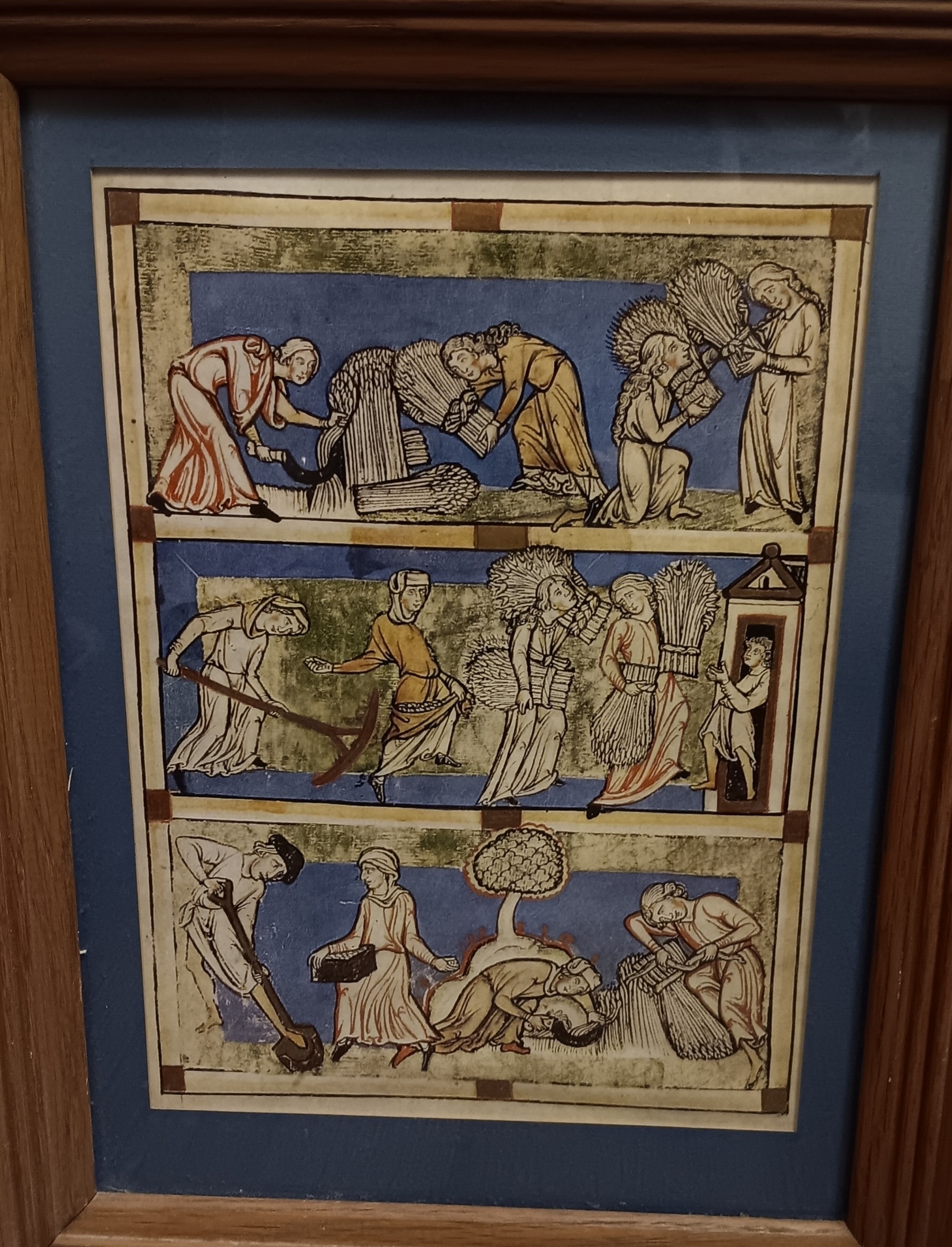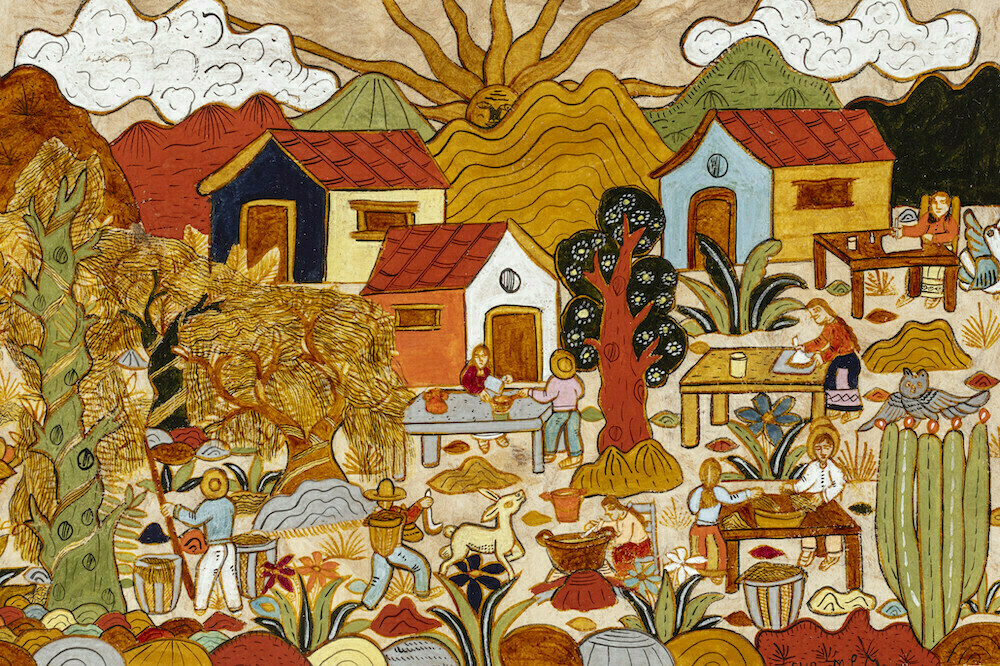Brad East, offering his answer to the question “What is the greatest threat to the church in America today?” (I normally hate the question because it’s used so often as a marketing ploy by authors/publishers who promise to offer the “solution” in their latest book; but, since it’s Brad, I’ll allow it.):
My answer is DIY Christianity.
That’s the term I use with my students to communicate the notion—which they readily recognize—of the Christian faith as recreated anew in, by, and for each generation, or even perhaps each local body of believers. This is Christianity without history, without tradition, without authority, without saints or martyrs or anything mediate, that is, anything intervening (thus obtruding, thus obstructing) between the individual and Jesus. DIY Christianity is “founding” a local church the way entrepreneurs found a start-up, with Big Ideas and Enough With The Old and Radical Innovation. (DIY Christianity thinks “innovation,” like “curiosity,” is a virtue rather than a vice.)
Given the diagnosis, Brad’s constructive solution certainly resonates:
In positive terms, what I want is for American Christians today to learn, or relearn, to be catholic: to belong to the one great tradition, the one apostolic faith, the one universal church. To reimagine faith not as something they create or manufacture or curate or judge for themselves, but that to which they submit, in joy, the way one simply receives an unexpected gift, a beloved friend’s return, the birth of a child. The faith as a given, and the real matter before us one of how to live that faith today, in the midst of so many challenges.
Receive. Submit. Given. Handed Down. Tradition. These are good words. Go and act accordingly.




